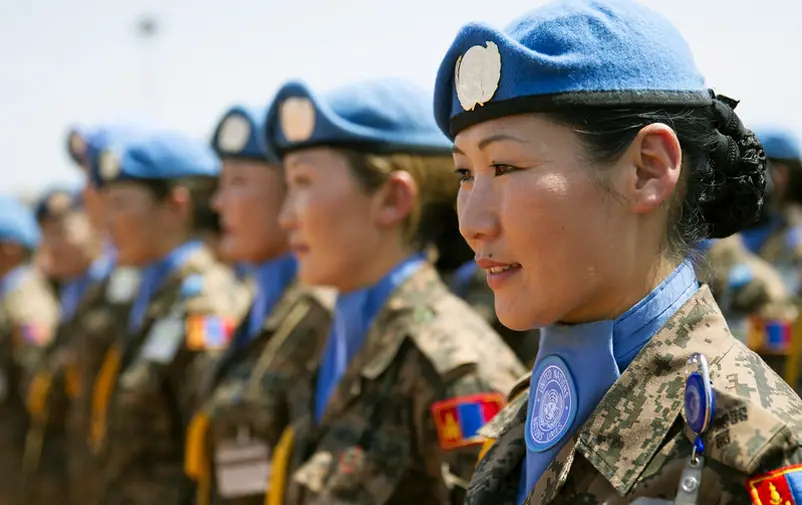
Photo: UN Photo/Martine Perret
– I am on deployment as a long-term observer, spending a total of two months based in the city of Osogbo in southwestern Nigeria. There is a risk of violence in connection with the election campaign, including violence directed at me and my observer colleagues. The EU places great importance on security and we always have armed police officers with us, wherever we may go. Other forms of violence, outside of electoral violence, is a threat as well. Heavily armed robbery gangs regularly carry out attacks on the roads here, for example.
– Me and my closest colleague have met some aggressive young men. But the police officers that are always with us have warded them off. Recently, one of the mission’s security officers also told me that he had seen dead people on the road, they were killed in a robbery attack. It is, however, not sure that it has anything to do with the elections.
– Our presence in the polling stations on election day may discourage perpetrators of violence. It is not unusual for voters to come by and thank us for being there. If violence nevertheless occurs, our standard operating procedure is to quickly withdraw and contact our security officers and the local police, that hopefully can intervene. International election observation missions also do good in the long term, contributing to a peaceful and democratic development.
MORE FROM HOME
What does research tell us about strategic civil-military leadership in UN integrated missions? The recent FBA research brief "Mission Leaders: An Evidence-based Assessment” presents seven policy recommendations.
2025-07-01 13:34FBA has both increased and adapted its work in Ukraine in the wake of Russia's invasion.
FBA in UkraineKlara Grenhagen works as a specialist at FBA's Africa unit with a focus on dialogue, reconciliation and peace processes.
More about our expertsFBA is part of Sweden’s development aid within the area of peace and security
Read more about the countries where we work